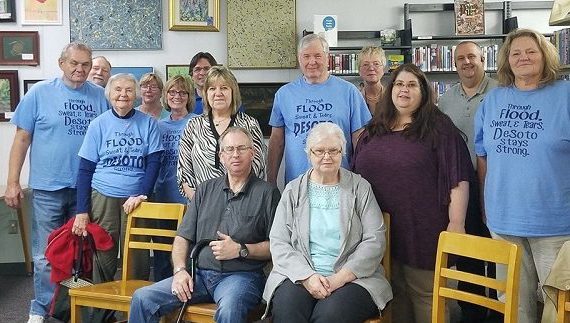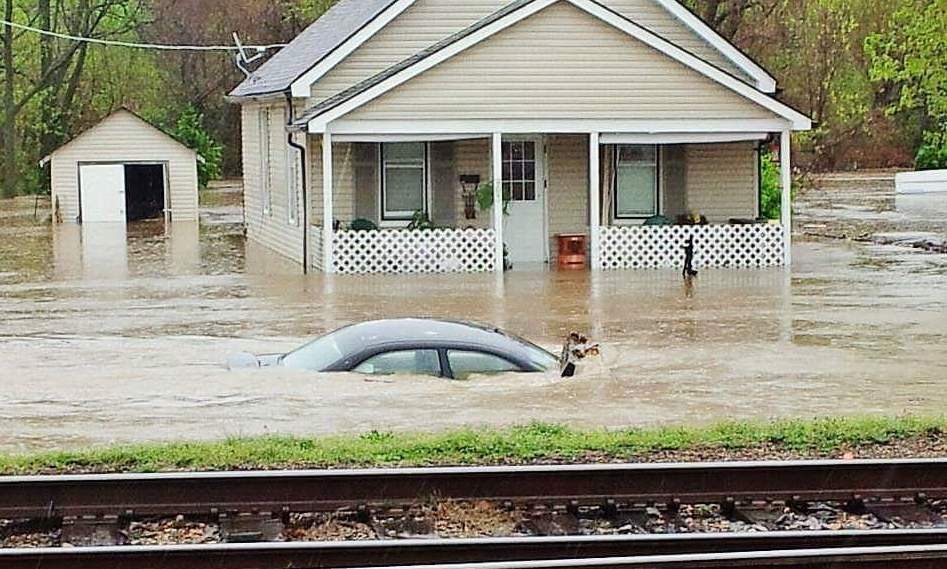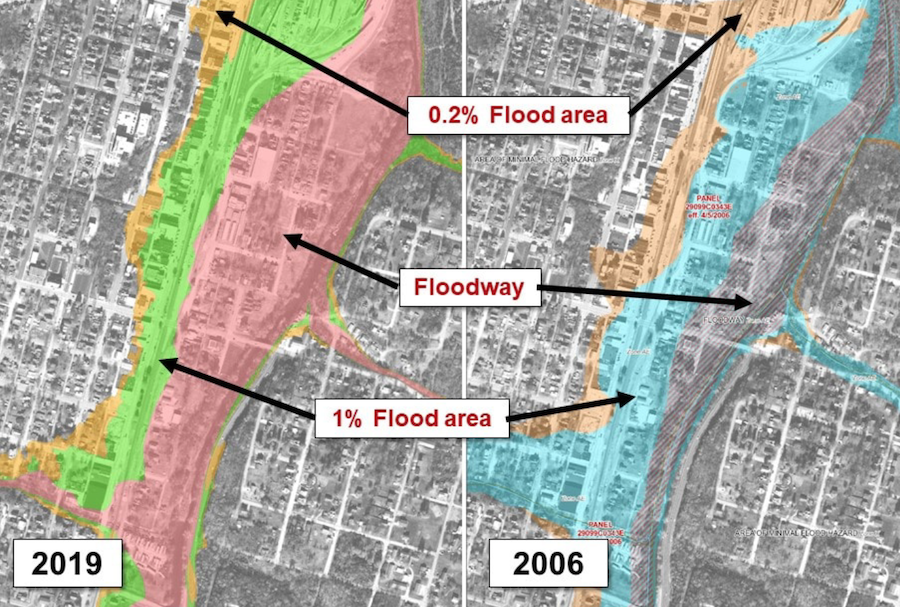
Standing on a hilltop in 2016, Susan Liley watched helplessly as floodwaters rushed through De Soto’s historic downtown, trapping drivers and drowning horses in their barn. Three deaths over thirteen years — a young father in 2003, an 80-year-old woman in 2013, and a homebound woman after evacuation in 2016 — reveal the deadly pattern plaguing this Missouri community threatened by 15 high-hazard dams upstream and lead-tainted water from old mines that poison each flood. The Citizens’ Committee for Flood Relief fights for neighbors trapped in homes that never flooded before but now face repeated inundation as “fill and build” development upstream exacerbates the flooding down Joachim Creek. They champion updated federal flood standards, secure buyouts for families stuck in repeatedly contaminated flood zones and implement early warning systems. Their battle cry “Through flood sweat and tears, De Soto stays strong” drives their urgent mission to break the cycle before the next tragedy strikes.

Flooding in De Soto, 2016.
Transforming from helpless grandmother into fierce advocate, Liley formed Citizens’ Committee for Flood Relief after witnessing the 2016 devastation, declaring “I had never led anything like this before.” Her grassroots team has achieved remarkable victories: installing phone-accessible early warning systems, securing buyouts for properties the Army Corps deemed severely at risk, and creating Freddy’s Pond – a flood storage basin that converted seven acres into prairie habitat now stocked with fish where families safely bring children. Despite FEMA initially denying buy out applications, CCFR persisted, and 5 homes – with many more “on the list” – are slated to join 14 others the city acquired and then bulldozed over the last several years. Serving residents who “never lived in a flood zone before, but do now,” CCFR will keep fighting for, and protecting, their neighbors living in harm’s way.

A study published by the US Army Corps of Engineers Silver Jackets program illustrates the expanded floodplain in De Soto.